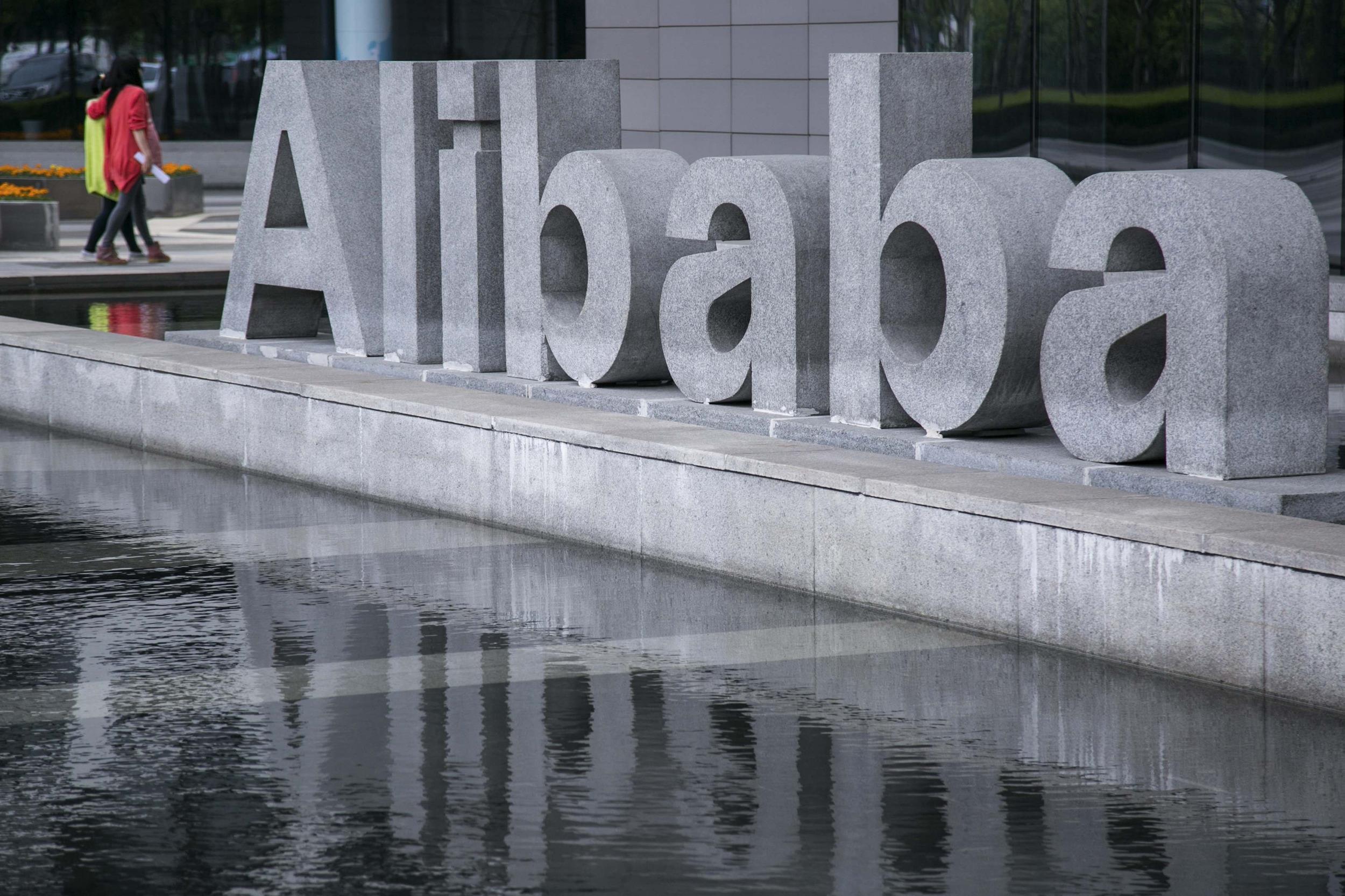Alibaba, Tencent founders push for copyright protection in China

Bloomberg
The billionaire founders of Alibaba Group Holding Ltd. and Tencent Holdings Ltd. said China needs stronger protections for intellectual property if the nation wants to create more of its own online content.
Improving copyright protections will help Chinese companies develop a mature business model for videos, music and animation, Tencent Chief Executive Officer Pony Ma told the World Internet Conference in Wuzhen this week. The government can’t achieve that goal alone and must work with content creators and distributors, Alibaba Chairman Jack Ma said.
Securing IPR has long been a contentious issue in China, with the country being placed on a watch list by the U.S. Trade Representative for the past 25 years. China this month opened its first specialized court in Beijing to handle IP cases as the government tries to address criticism and foster an environment for domestic companies to develop content for the nation’s 632 million Internet users.
“China’s Internet development in the past 18 years has evolved from total disorder that did not pay attention to intellectual property rights in the past to now, when it pays more and more attention,” Tencent’s Pony Ma said. “Although it didn’t fully fix the problem, gradually it’s improving.”
By the end of the year, courts dedicated to handling trials on patents, trademarks and computer software issues will be set up in Shanghai and Guangzhou, Wang Chuang, deputy presiding judge in the IP division of China’s Supreme Court announced earlier this month.
Bottega, Balenciaga
The new court should help Internet titans Alibaba, Tencent and Baidu Inc. as they compete for the attentions of the half- billion Chinese who access the Internet through smartphones and tablet computers. Though Jack Ma said the companies shouldn’t depend solely on Chinese authorities.
“Many problems cannot be solved by government,” said Alibaba’s Jack Ma, the richest man in China. “It’s about society, education, culture. All of the stakeholders should come together to solve those problems.”
Kering SA filed a lawsuit in July against Alibaba saying that counterfeits of brands such as Yves Saint Laurent, Bottega Veneta and Belenciaga proliferate on the company’s shopping platforms. The suit was withdrawn in August after the two sides agreed to cooperate on rights protection.
Alibaba, Asia’s largest Internet company, was removed from the U.S. government’s Notorious Markets list in 2012 after it cracked down on 87 million listings in its Taobao Marketplace that may have breached intellectual-property rules on cigarettes, clothing and medicine. That enabled the Hangzhou- based company to hold the biggest initial share sale ever at $25 billion.
Content Deals
“We were able to solve the problem of fraudulent or fake products,” Jack Ma said. “We were able to able to address IPR problems because we have established credibility.”
The Internet companies’ quests for games, videos, shopping and chatting services sparked deals including Alibaba’s investments in TangoMe Inc. and Lyft Inc., and Tencent’s investments in Koudai Gouwu and GuaHao.com.
Tencent last week signed a distribution deal with Warner Music Group allowing Web users to stream licensed music from artists including Linkin Park, Bruno Mars and Coldplay. The Shenzhen-based company also is working with the creators of the Candy Crush Saga and Final Fantasy titles on games for the billion users of its WeChat and QQ messaging applications.
The Chinese government also wants companies to develop more local programming, said Victor Koo, chief executive officer of the nation’s largest online video site, Youku Tudou Inc.
‘New Challenges’
“As the online video industry grows, our conversation with the government has been about having content with the right values,” said Koo, whose shareholders include Alibaba. “The whole direction is to prosper or further grow the domestic content industry.”
What the government seeks is programs that “are appropriate for the Chinese community,” Koo said.
The three-day conference in Wuzhen that concluded today was hosted by the new industry regulator, the China Cyberspace Administration. President Xi Jinping, who also directs a leadership group on Internet security and information development, said in a brief letter that the development of the Internet has brought “new challenges to the national sovereignty, safety and interests.”
Ma Kai, vice-premier of China, quoted Xi in the opening ceremony of the conference as saying the Internet can be a double-edged sword: it could become a treasure vault or Pandora’s Box, depending on its development.
“To manage the Internet well matters to the international security and social stability,” Ma Kai said.
Here we are to serve you with news right now. It does not cost much, but worth your attention.
Choose to support open, independent, quality journalism and subscribe on a monthly basis.
By subscribing to our online newspaper, you can have full digital access to all news, analysis, and much more.
You can also follow AzerNEWS on Twitter @AzerNewsAz or Facebook @AzerNewsNewspaper
Thank you!
